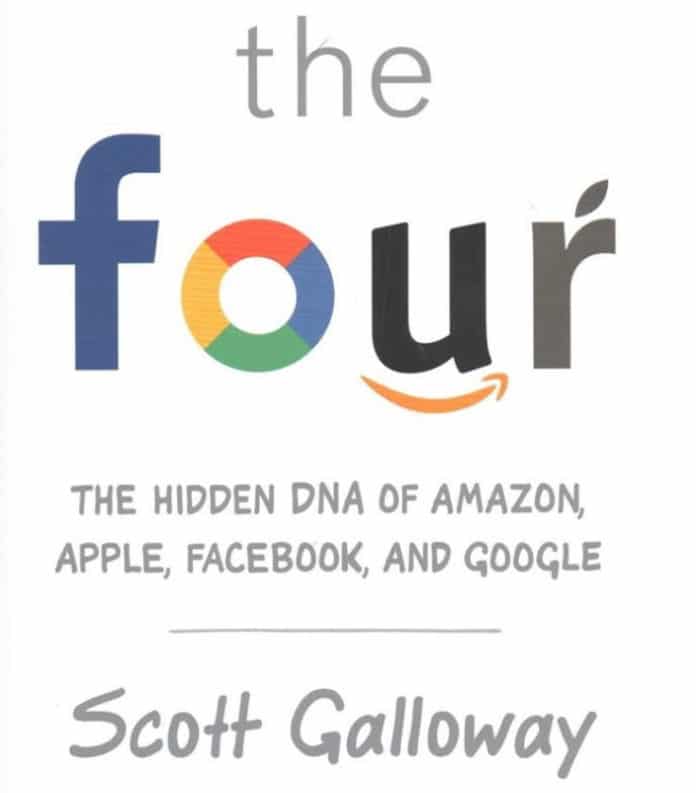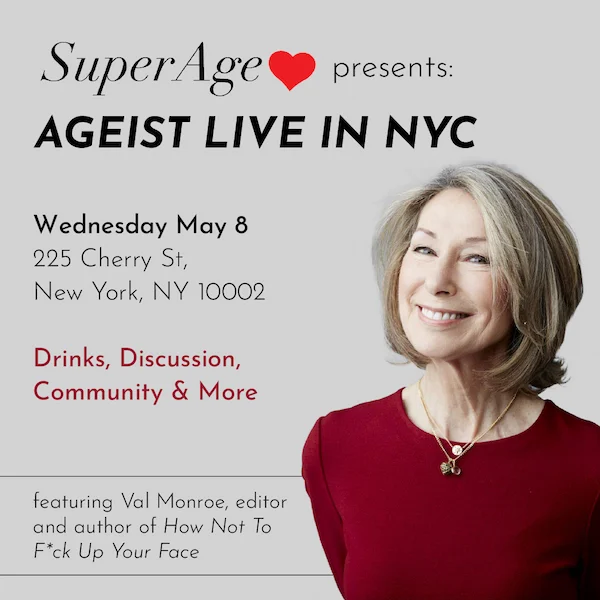Lifelong learning has become an increasingly crucial component of successfully maintaining physical and mental health.
The voluntary and self-motivated pursuit of knowledge allows us to reap a number of benefits: social inclusion, active citizenship, and personal development, according to a 2012 study in the journal ScienceDirect. It can extend life expectancy, boost competitiveness and employability, too. After all, to keep up (let alone excel) in the current hyper-speeded information world where things can change in the blink of an eye, it’s necessary to absorb a vast amount of information.
But how exactly do we engage in lifelong learning?
It’s important to first make the conscious decision to become a lifelong learner and to schedule time to learn, and there are a multitude of ways to do that. You can join a study group, surround yourself with other lifelong learners, and download apps on your phone or use programs on a computer to learn a new skill (say, a new language).
Reading and lifelong learning
Reading is my preferred lifelong learning habit. I aim to read a book a week, although it’s really more like one every three weeks. I try to reserve every night from 6:30 till 8 p.m. for knowledge reading, which is not to be confused with leisurely reading.
Related: What a 5y/o Can Learn from a 70 y/o Mother
There are some tricks people have shown me to help me get through my stack of books. The first is Blinkist, which is essentially CliffsNotes for grownups. They are short 20-minute reads or 20-minute audios that allow me quickly gauge whether I need to read the entire book or just focus on a specific part. I also write in my books. I make notes, write ideas, underline, make drawings and really anything I feel helps me make the knowledge mine.
Thoughts on audiobooks and lifelong learning
While audiobooks may be an effective tool for auditory lifelong learners, my memory is highly visual so I don’t effectively digest books that way. To me, not seeing is not existing. I’ve done this for decades and writing in a book turns it into “my book” by allowing me to see how I felt about a given thing at that moment in time.
Over the holidays I read Scott Galloway’s The Four, a thorough and clear-eyed understanding of the big four tech giants that rule our world: Apple, Amazon, Facebook and Google. It has been deeply influencing how I am thinking about AGEIST as we move into this next year.
Click here to check out Blinkist and here for the abstract of the ScienceDirect article.



